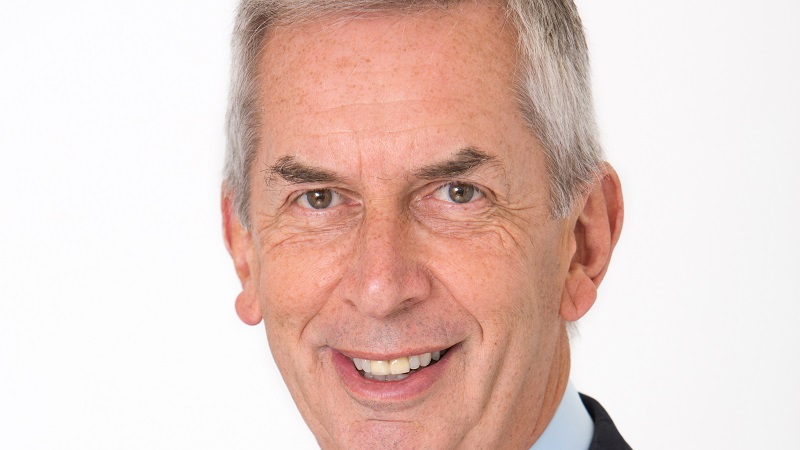Terry Smith has defended his change of heart on Amazon in his annual letter to shareholders, while accusing Unilever, one of his biggest losers of the pandemic, of “losing the plot”.
The Fundsmith founder (pictured), famed for his “buy good companies, don’t overpay and do nothing” approach, made a higher number of disposals last year, exiting his position in Intercontinental Hotels, as well as jettisoning longstanding holdings Intertek, Sage and Becton Dickinson, the latter which had been in the portfolio since launch.
But by far his most surprising move was initiating a stake in Amazon in October, after years of shunning the tech giant.
Writing in his latest annual letter to shareholders, Smith forewent a lengthy rationale, instead leaving investors with a quote from economist John Maynard Keynes: “When the facts change, I change my mind.”
“Although it could be explained by the simpler aphorism ‘Better late than never’ or at least it will be if our purchase delivers the performance we expect,” he added.
See also: Fundsmith changes its tune with new position in Amazon
Fundsmith Equity underperforms MSCI World
Last year Smith’s flagship Fundsmith Equity fund experienced a rare bout of underperformance. The £28.9bn fund rose 22.1% in 2021, falling just short of the MSCI World’s 22.9% gains in sterling with dividends reinvested. In 2020, it had outperformed the index by 6%.
Smith wrote: “We find it difficult to outperform in particularly bullish periods where the market has a strong rise — 22.9% in 2021 — as a rising tide floats all ships, including some which might otherwise have remained stranded and that we would not wish to own.
“In investment, as in life, you cannot have your cake and eat it, so it is difficult if not impossible to find companies which are resilient in a downturn, but which also benefit fully from the subsequent recovery.”
The top five contributors to performance were Microsoft (3.9%), Intuit (3.1%), Novo Nordisk (2.3%), Estée Lauder (2%) and Idexx (1.9%).
Paypal was the fund’s biggest loser, detracting 0.7% from performance, followed by travel tech company Amadeus, consumer goods giant Unilever and Finnish elevator group Kone, which each lost 0.2%.
Smith slams Unilever’s obsessive sustainability push
Smith had particularly harsh words for Unilever, accusing the Marmite and Dove soap maker of “labouring under the weight of a management which is obsessed with publicly displaying sustainability credentials at the expense of focusing on the fundamentals of the business”.
He cited the company’s decision to stop supplying Ben and Jerry’s ice cream in the West Bank as the “most obvious manifestation of this” but said a more “ludicrous example” is its recent comments on its Hellmann’s mayonnaise brand.
“A company which feels it has to define the purpose of Hellmann’s mayonnaise has in our view clearly lost the plot,” said Smith. “The Hellmann’s brand has existed since 1913 so we would guess that by now consumers have figured out its purpose (spoiler alert — salads and sandwiches).”
Although Smith said Unilever had been his worst performing consumer staple during the pandemic, he added he would continue to hold the shares, holding out faith its “strong brands and distribution will triumph in the end”.










